Marine Aluminum Round Bar for Durable Offshore Ship Parts
In the maritime industry, where durability, corrosion resistance, and structural integrity are paramount, choosing the right material for offshore ship parts is critical. One material that consistently proves its worth is Marine Aluminum Round Bar—a specialized alloy component engineered specifically for harsh seawater environments and rigorous mechanical demands.
Marine Aluminum Round Bar’s Unique Role in Offshore Applications
Marine Aluminum Round Bar serves as a core raw material for crafting durable underwater fittings, deck equipment, structural frameworks, and moving parts on vessels. Unlike standard aluminum bars, marine-grade alloys exhibit superior resistance to saltwater corrosion, reduced weight compared to steel, and impeccable strength-to-weight ratios, significantly extending the vessel’s operational life while enhancing performance.
Technical Parameters That Set Marine Aluminum Apart
The performance of Marine Aluminum Round Bar is tightly bound to its controlled composition and mechanical properties. Here are parameters relevant to offshore applications:
| Parameter | Typical Range |
|---|---|
| Diameter | 6 mm – 200 mm |
| Length | Custom lengths up to 6 meters |
| Tensile Strength | ≥ 310 - 420 MPa |
| Yield Strength | ≥ 120 - 350 MPa |
| Elongation (%) | ≥ 8% - 15% |
| Density | Approx. 2.70 g/cm³ |
These parameters ensure the round bars meet load-bearing and fatigue resistance criteria essential for offshore machinery components exposed to continuous stress and corrosive challenges.
Alloy Composition and Its Impact on Marine Durability
Marine Aluminum Round Bars commonly use alloys like 5083, 5052, and 6061—each selected based on specific offshore requirements related to strength and corrosion resistance.
| Element | Typical Content (%) – Alloy 5083 | Role in Alloy |
|---|---|---|
| Aluminum | Balance | Lightweight matrix |
| Magnesium | 4.0 - 4.9 | Enhances strength and corrosion resistance (in resisting seawater) |
| Manganese | 0.4 - 1.0 | Improves strength and fatigue resistance |
| Chromium | 0.05 - 0.25 | Stabilizes microstructure |
| Iron | ≤ 0.4 | Minor impurity |
| Silicon | ≤ 0.4 | Minor impurities |
The higher magnesium content especially boosts alloy 5083’s ability to combat seawater-induced corrosion, making it the go-to material for Marine Aluminum Bar used in critical offshore exports.
Tempering Conditions Define Trade-offs Between Strength and Flexibility
A crucial factor that distinguishes marine aluminum round bars is their temper designation, commonly H112, H116, H321, or O condition. Here is a view into these tempers:
- H112/H116 (Strain-Hardened): Offers a balance between strength and corrosion resistance. Also provides good dimensional stability which is essential for precision ship parts.
- H321 (Solution Heat-Treated and Strain Hardened): Typically used in parts requiring higher tensile strength with moderate corrosion resistance.
- O Condition (Annealed): Maximizes ductility for parts that experience deformation during installation but sacrifices some tensile strength.
Selecting the right temper correlates directly with installation requirements and expected service stress exposures.
Implementation Standards Ensuring Quality and Reliability
Strict international standards govern offshore shipbuilding materials. For Marine Aluminum Round Bar, compliance with the following standards is critical:
- ISO 6361 – Recognizes general specifications on wrought aluminum and aluminum alloys for structural applications.
- ASTM B209 – Specification for aluminum and aluminum-alloy sheet and plate, detailing chemical composition and mechanical properties.
- EN AW 5083 (EN 485) – European standard specifying chemical and mechanical criteria for marine aluminum alloys.
- GB/T 3190 (China Standard) – Covers chemical composition of aluminum alloys for marine use, ensuring global supplier alignment.
Adherence to these standards confirms traceability, post-processing compatibility, and certification for marine vessel assurance companies.
Why Marine Aluminum Round Bar Best Serves Offshore Needs
Steel has been a traditional choice, but aluminum, particularly marine alloys, furnish several advantages owing to:
- Corrosion Resistance: The marine-grade alloy remains largely immune to galvanic corrosion and pitting due to its balanced chemical profile.
- Lightweight Nature: Reducing vessel weight improves fuel efficiency and payload capacity.
- Weldability and Workability: Facilitates complex shapes used in structural fittings and machinery components.
- Maintained Strength in Cold Conditions: Essential for sub-zero marine temperatures.
Related Products
Marine aluminum Z-shaped sections
Marine Aluminum Z-shaped Sections are fabricated from premium marine-grade aluminum alloys such as 5083, 5052, and 6061. These alloys are well-regarded for their superior corrosion resistance in seawater and marine atmospheres, along with good mechanical strength and excellent weldability.
View DetailsMarine aluminum channels
Marine Aluminum Channels are U-shaped aluminum profiles produced from alloys such as 5083, 5052, and 6061, known for their excellent marine corrosion resistance and superior mechanical strength.
View Details6061 T6 marine aluminum flat bar
6061 aluminum is classified as a heat-treatable 6xxx series alloy, alloyed primarily with magnesium and silicon. The T6 temper designation indicates that the flat bar has been solution heat-treated and artificially aged to achieve optimum strength and hardness.
View Details5083 marine aluminum flat bar
5083 aluminum flat bars belong to the 5xxx series of aluminum-magnesium alloys, known primarily for their superior resistance to seawater corrosion and salt spray.
View DetailsMarine aluminum I-beams
Marine Aluminum I-Beams feature the traditional “I” cross-sectional profile fabricated from marine-grade aluminum alloys like 5083, 5086, and 6061. These alloys are renowned for their outstanding corrosion resistance, especially in saltwater and marine atmospheres, making them ideal for offshore and naval construction.
View Details6061 marine aluminum round bar
6061 aluminum belongs to the 6xxx series alloys, alloyed primarily with magnesium and silicon. In the T6 temper, it undergoes solution heat treatment and artificial aging, resulting in enhanced mechanical properties while maintaining excellent corrosion resistance.
View DetailsRelated Blog
6061 Marine Aluminum Rod & Bar for Durable Boat Deck Design
When it comes to crafting a boat deck that not only withstands the rigorous marine environment but also elevates performance and longevity, the choice of material is paramount.
View Details6061 Marine Aluminum Z Shaped Sections for Marine Frame Customization
In the marine industry's relentless quest for durability, corrosion resistance, and structural integrity, 6061 Marine Aluminum stands out as a premier choice—especially when customized in Z shaped sections for marine frameworks.
View Details5083 Marine Aluminum Channels for Offshore Platform Construction
In the demanding world of offshore platform construction, material selection forms the backbone of structural integrity, durability, and performance. With increasing emphasis on lightweight and corrosion-resistant materials.
View Details6061 Marine Aluminum Round Bar for Heavy Duty Marine Frame Reinforcements
6061 Marine Aluminum Round Bar is a premium-grade aluminum product specifically engineered for heavy-duty marine frame reinforcements. Renowned for its superior strength, corrosion resistance, and excellent machinability.
View Details5086 Marine Aluminum I Beams for Offshore Boat Frame Support
5086 Marine Aluminum I Beams are a premium grade structural component extensively used in the offshore marine industry. Renowned for their exceptional combination of high strength, corrosion resistance, and lightweight properties.
View Details5083 Marine Aluminum Round Bar for Durable Offshore Vessel Parts
When it comes to constructing durable offshore vessel parts, material choice is paramount. Among various options, 5083 marine aluminum round bar stands out as a highly reliable and versatile solution.
View Details

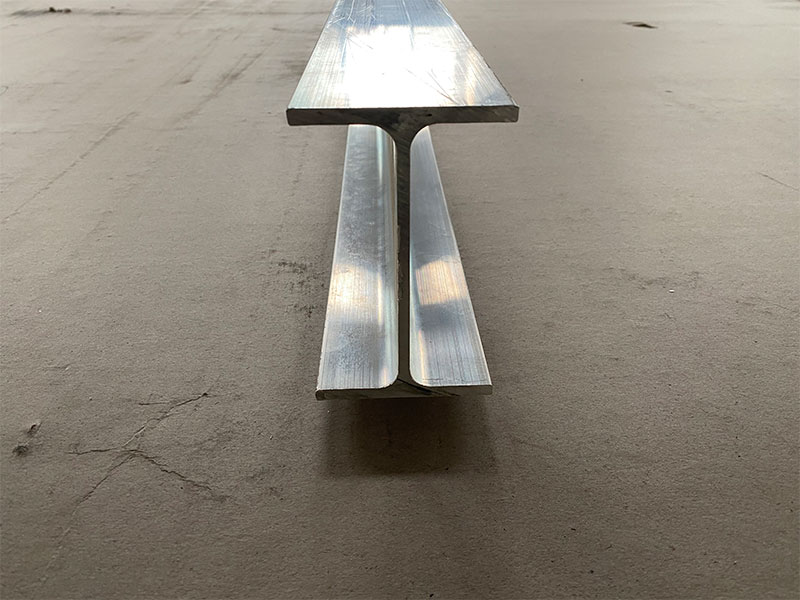
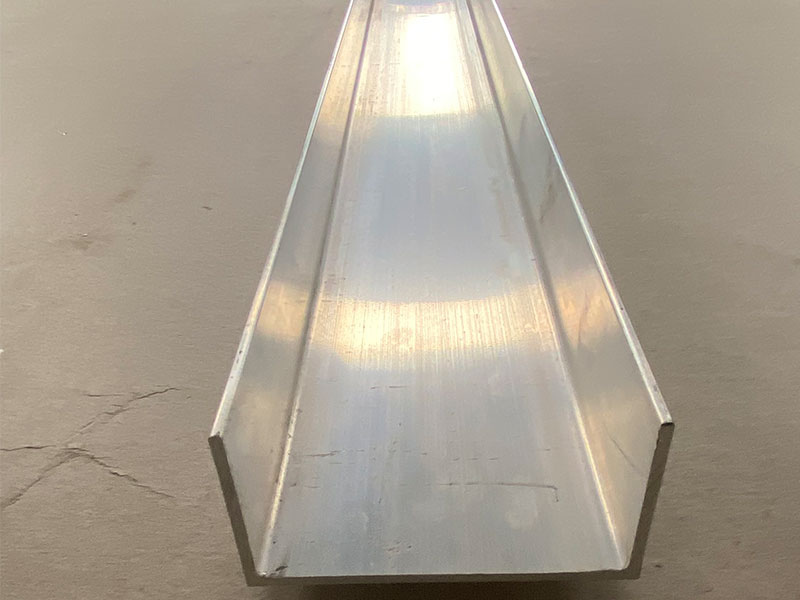
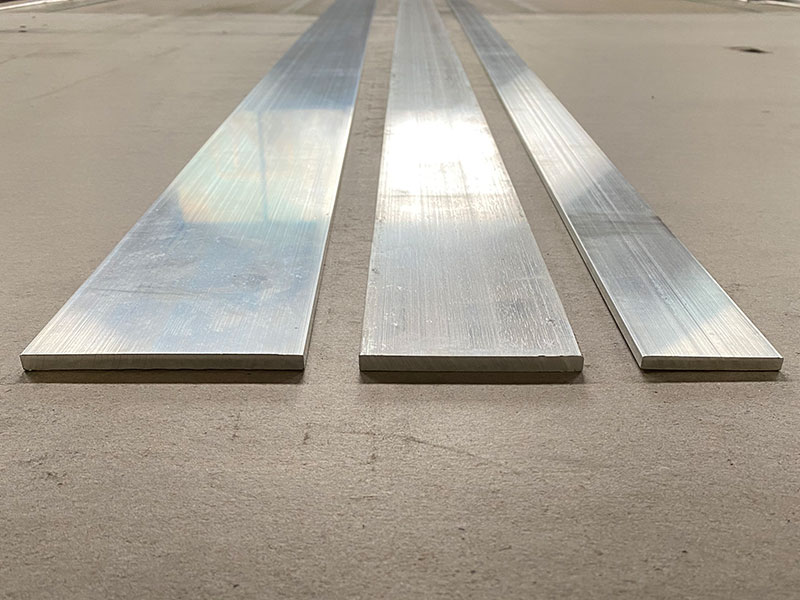
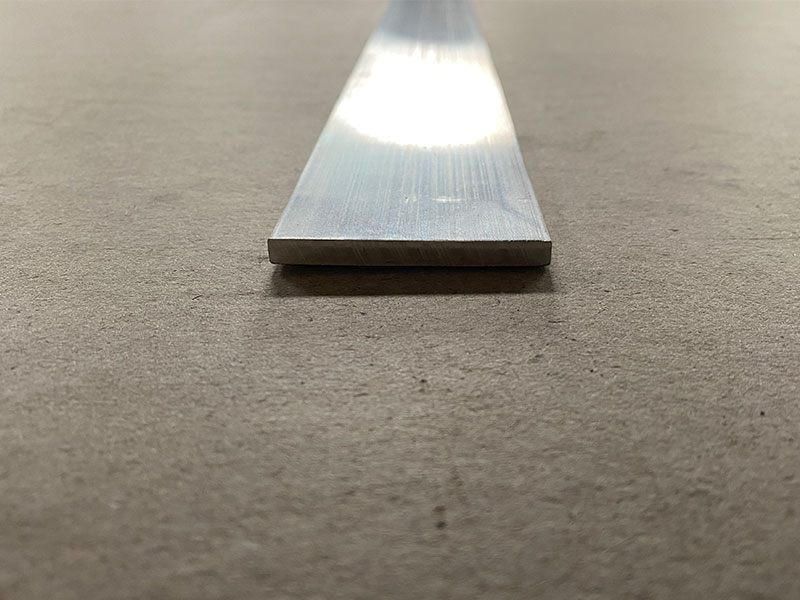
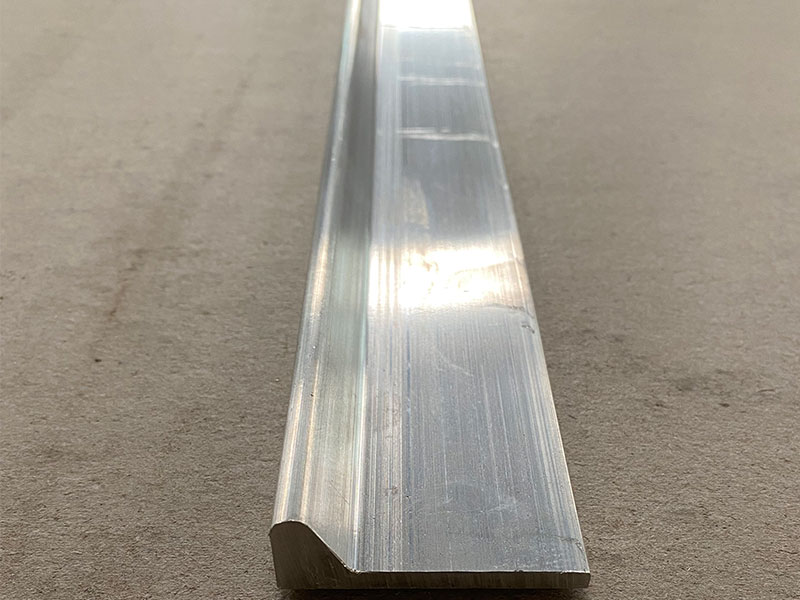
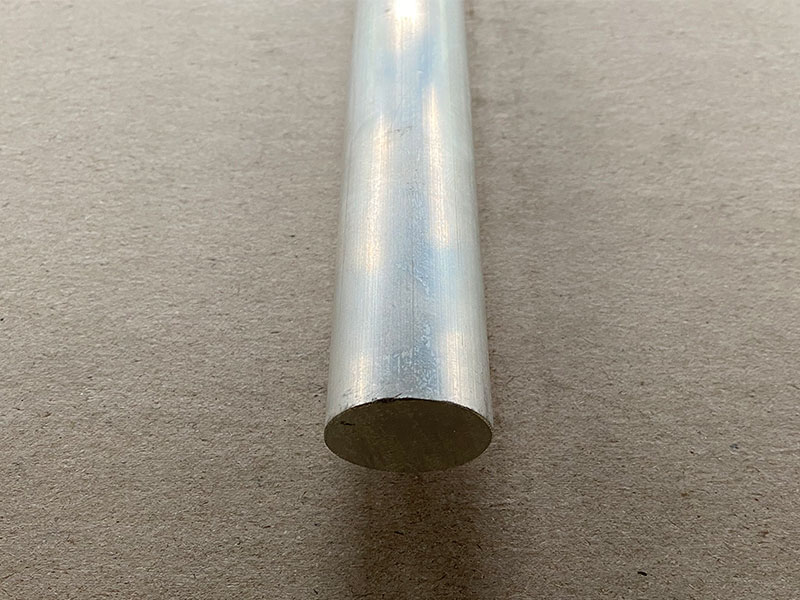







Leave a Message